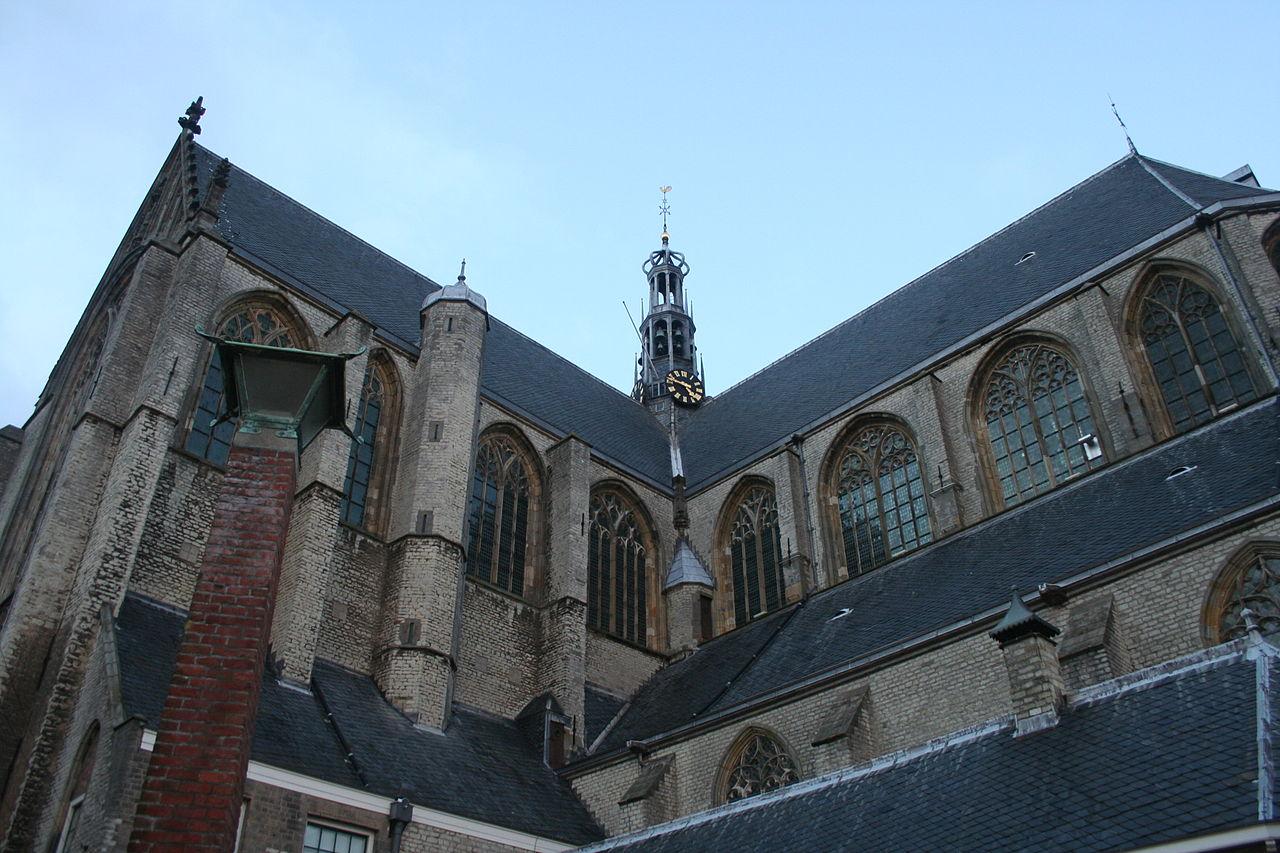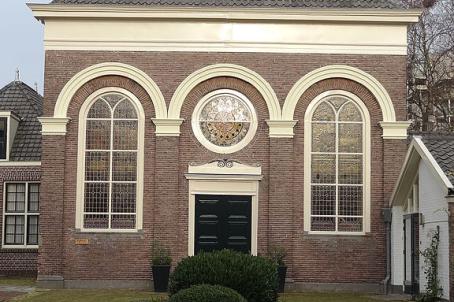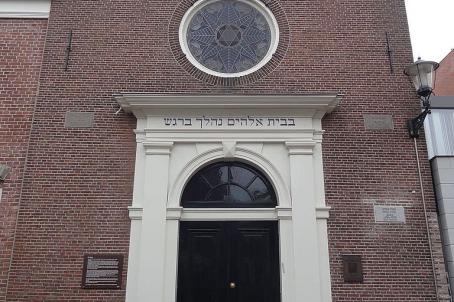Grote or Sint-Laurenskerk

The Grote or Sint-Laurenskerk was erected between 1470 and 1518 on a site where churches had been built since the 10th century. The church, originally Catholic, became Protestant in 1573. It has had no religious function since 1996 and now houses a museum on the history of the building. The Grote or Sint-Laurenskerk contains the oldest church organ that can still be played in the Netherlands, dating from 1511.




